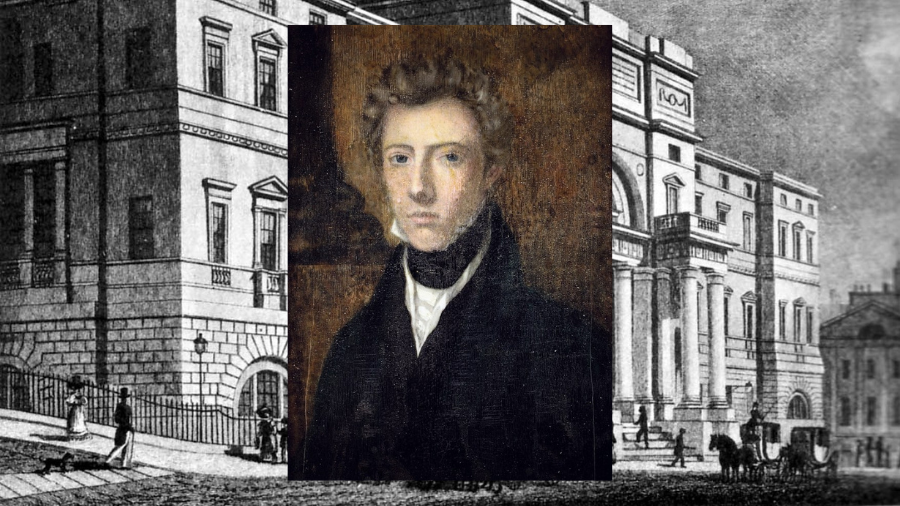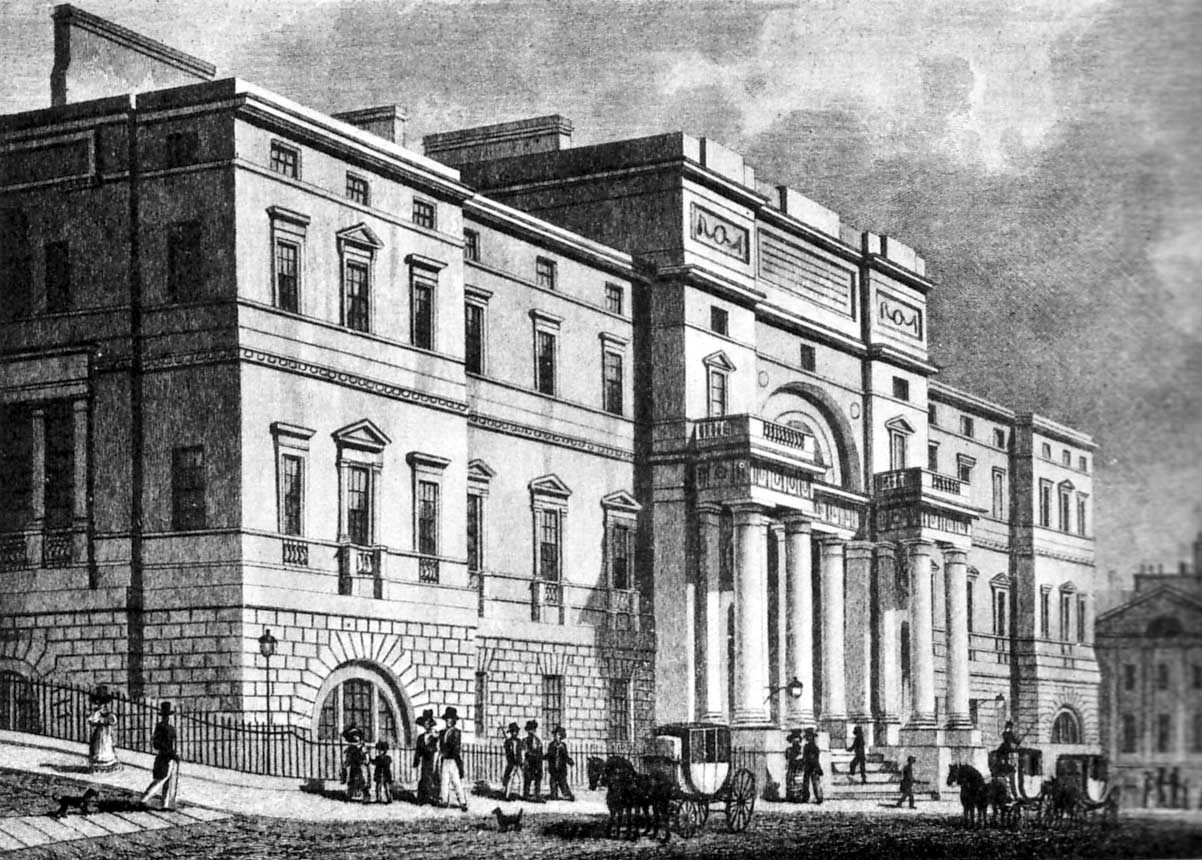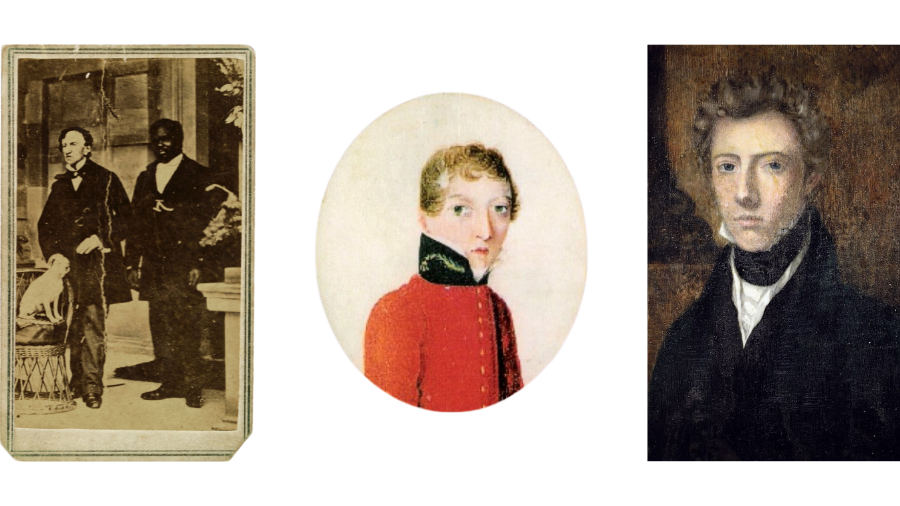LGBTQ+ History: James Barry
20th Jun 2024
LGBTQ+ figures often aren't included in history books. We're here to change that—with our Edinburgh history tours & our blog. So, let’s learn some Scottish LGBTQ+ history this Pride Month!
Today we're shining a light on the story of Dr James Barry. Barry was a transgender man who served in the British Army in the early 1800s. He lived out part of his story right here in Edinburgh.
Who was James Barry?
Assigned female at birth (meaning he presented as a woman for the first part of his life), Barry was born in Ireland in 1789. By 1806, he had moved to Edinburgh and adopted the name of his late uncle.
Scotland's capital was a notable place to be in the early 19th-century. This was the Age of Enlightenment. The University of Edinburgh was known as one of the best schools in the world to study medicine.

Old College, University of Edinburgh, 1827
It's where Barry enrolled as a medical student. He was an accomplished pupil but fell under suspicion due to his lack of facial hair, short stature and high voice. It wasn't his gender that was disputed, though, but his age.
The senate were persuaded to allow Barry to continue, and he qualified as a Doctor of Medicine by 1812.
Medical accomplishments
Barry went on to join the British Army as a Military Surgeon. He served in what was then the British Empire. Eventually, he was appointed Inspector General of military hospitals.
During his time in South Africa, he became the first European to perform a successful caesarean section in Africa. This was his foremost medical accomplishment.
Do we know James Barry was transgender?
It’s difficult to apply our modern understandings and terminology on someone from the past. But while we can’t ask Barry himself how he would identify today, we can respect how he identified during his life.

(left to right) Barry and his servant, John, and dog, Psyche, c.1862; Barry c.1813; Barry c.1820
Barry requested that in the event of his death, his body not be examined. He requested to be buried as he was—no autopsy, no clothing change.
When Barry died of dysentery at the age of 75, this request was ignored by a charwoman, who subsequently outed him—or tried to.
Barry’s legacy
Those who knew Barry refused to confirm the rumours regarding his gender. His physician, Dr McKinnon, wrote:
‘it was none of my business whether Dr Barry was a male or a female […] nor had I any purpose in making the discovery as I could positively swear to the identity of the body as being that of a person whom I had been acquainted with...’
McKinnon listed Barry as male on his death certificate and defended this decision.

From what we know of his life, Dr James Barry would be a fan of Pride Month. Celebrate this month in honour of those who couldn’t and join us to learn more LGBTQ+ history in Edinburgh.
Discover more about the times James Barry lived in on an Edinburgh history tour. Delve into the LGBTQ+ history of Scotland and hear the stories of other residents from the city's past—especially those whose stories are often forgotten.

